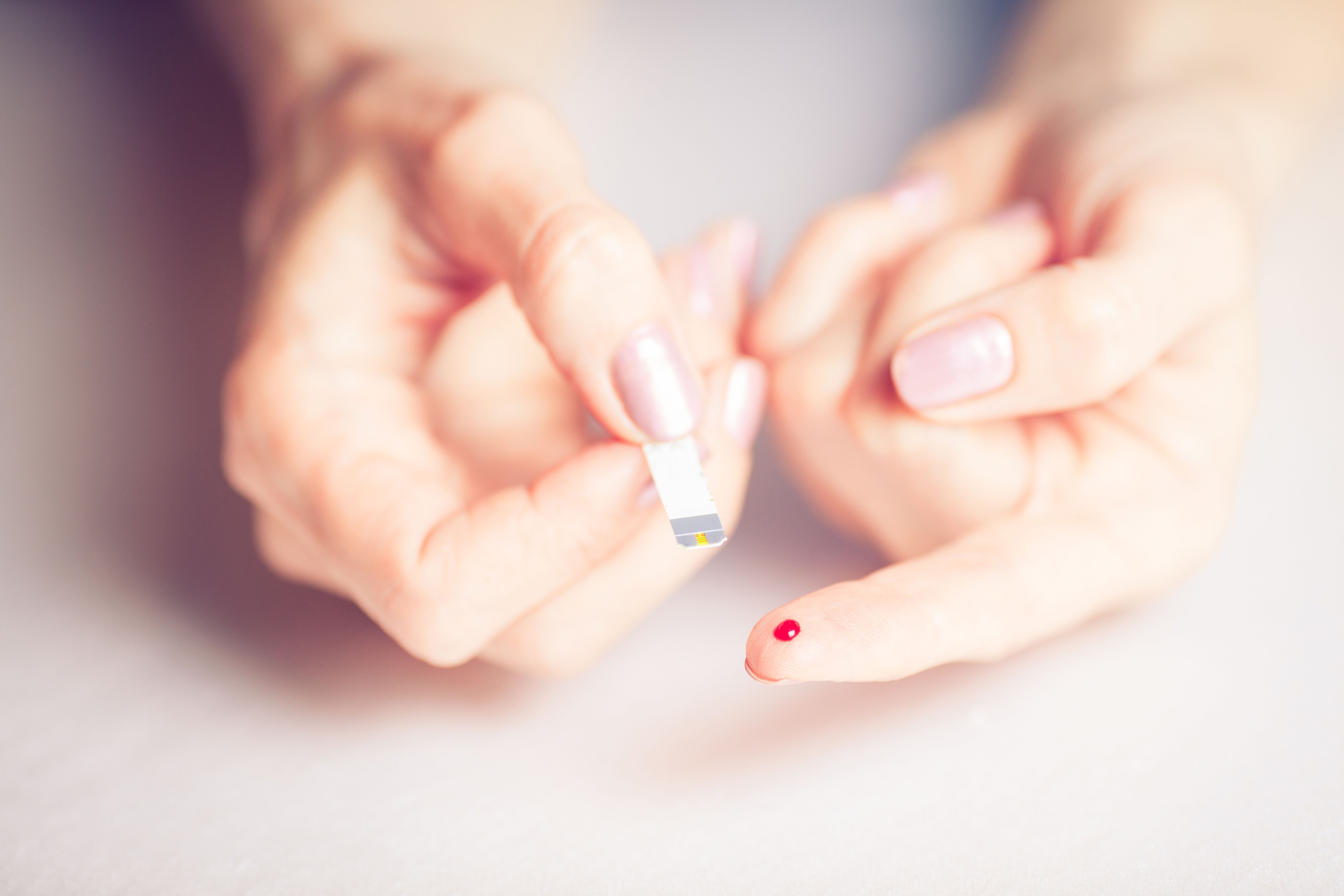Autoantibody Testing Could Identify Women at Increased Risk of Type 1 Diabetes Following Pregnancy
A 23-year study suggests presence of autoantibodies could aid clinicians in predicting the risk of developing type 1 diabetes among women with gestational diabetes.

A long-term study of nearly 400 women from Finland is shedding light on the predictive value of autoantibodies in progression to type 1 and type 2 diabetes after gestational diabetes.
Results of the 23-year study, which were presented at the 23rd European Congress of Endocrinology (e-ECE 2021), indicate women who experience gestational diabetes were more likely to develop type 1 and type 2 diabetes later in life and suggests testing for glutamic acid decarboxylase and islet cell autoantibodies could help identify women at increased risk of type 1 diabetes.
“The strong relationship between women who have gestational diabetes and women who experience type-1 and type-2 diabetes later in life, suggests that women should now receive more extensive testing during pregnancy, in order to determine their level of risk,” said Kaisu Luiro, MD, PhD, of the University of Helsinki, in a statement. “We also hope that healthcare professionals initiate conversations with their patients about the relationship between GDM and diabetes later in life. In the future, there are on-going developments for more accurate prediction models which hope to give a more specific suggestion as to who should be tested during pregnancy.”
To build on previous research, Luiro and a team of colleagues designed the current study as an analysis of data from a prospective cohort study of 391 women with gestational diabetes and 391 age-, parity- and delivery date-matched controls who delivered from 1984-1994. Hoping to learn more about the presence of autoantibodies and the development of type 1 and type 2 diabetes, investigators assessed presence of 4 autoantibodies using first trimester samples from women included in the study and assessed diabetes status through follow-up questionnaires sent from 2012-2013.
Autoantibodies of interest for the study included islet cell (ICA), glutamic acid decarboxylase (GADAs), insulin (IAA), and insulinoma-associated antigen 2 autoantibodies (IA2A). Investigators noted the mean follow-up time of patients within the study was 23.1 (18.7-28.8) years.
Upon analysis, results indicated single autoantibody positivity was detected among 12% (n=41) of the gestational diabetes cohort and among 2.3% (n=8) of the control cohort. Further analysis indicated 2.6% and 2.3% of the gestational diabetes cohort tested positive for 2 and 3 autoantibodies, respectively. In comparison, only a single patient from the control cohort had 2 autoantibodies detected.
Among the gestational diabetes cohort, ICA positivity was observed in 12.5%, GADA positivity was observed in 6.0%, IA2A positivity was observed in 4.9%, and IAA positivity was observed in 1.2%. In contrast, among those in the control cohort, GADA positivity was observed in 1.4%, IA2A was observed in 0.8%, IAA positivity was observed in 0.6%, and ICA positivity was observed in 0.3%.
Investigators noted detection of ICA, GADA, and IA2A autoantibodies were associated with decreased type 1 diabetes mellitus-free survival time and time to diagnosis. Furthermore, all patients testing positive for 3 autoantibodies developed type 1 diabetes mellitus within 7 years of having gestational diabetes, but the development of type 2 diabetes following gestational diabetes occurred independently of autoantibody positivity.
This study, “Autoantibodies in prediction of diabetes after gestational diabetes—a 23-year prospective cohort study,” was presented at e-ECE 2021.